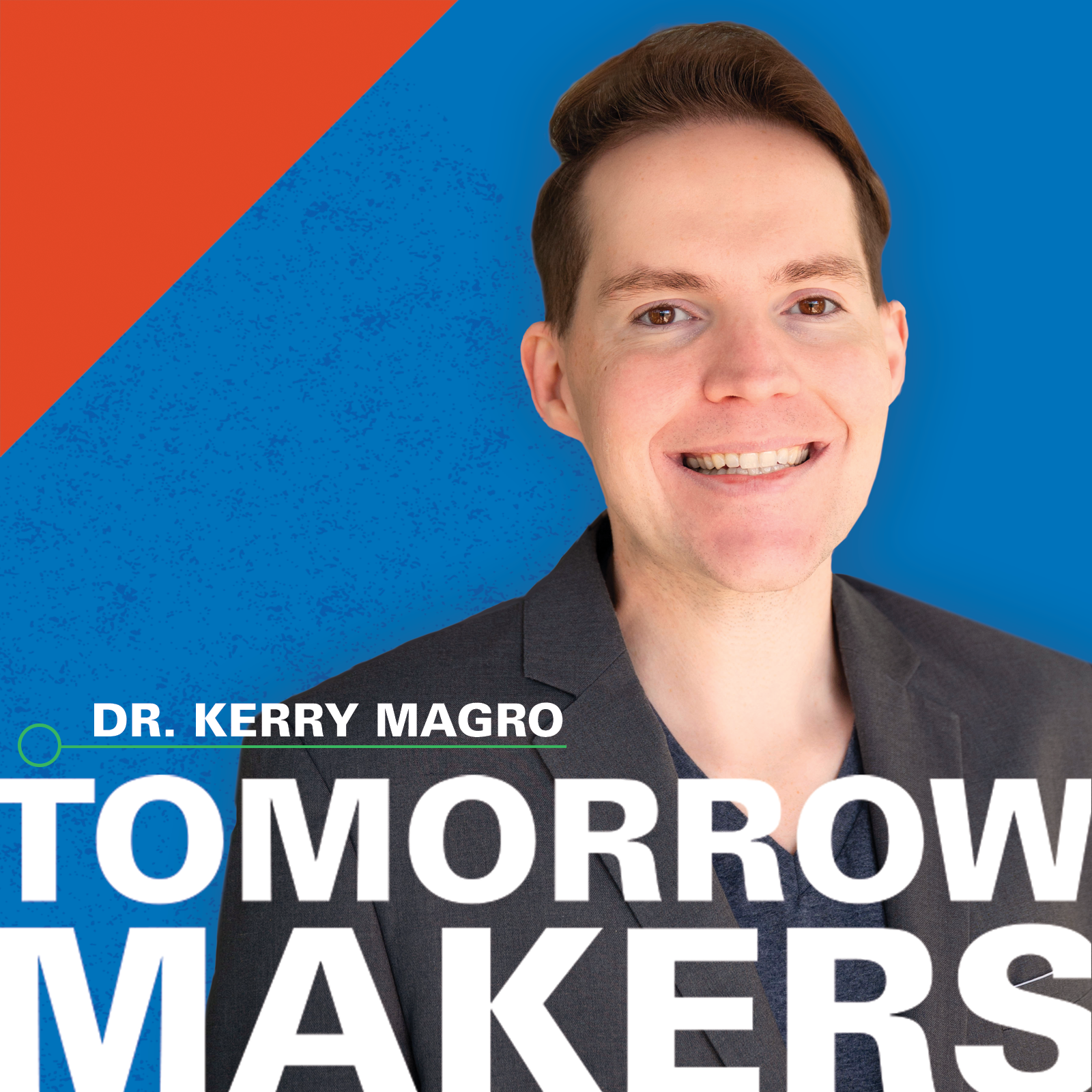
Dr. Kerry Magro: Neurodiversity & Inclusion
We were gifted the opportunity to sit down with Dr. Kerry Magro to discuss his transformative journey from a non-speaking individual with autism to an award-winning professional speaker and best-selling author. While on campus to deliver the keynote address for our 2024 Transition Conference, Kerry graciously carved out time to inspire us with his story while inviting our audience to consider the power of inclusion and to lead with compassion.
His books on autism awareness have become top titles for the disability community, parents, teachers, advocates, and supporters. We talk about his career as a professional speaker, his work as a consultant on films including “Joyful Noise” with Dolly Parton and Queen Latifah, the Emmy-award winning series “Love on the Spectrum,” and what he’s got on his eye on next. Enjoy!
Thanks to everyone who has reached out with kudos for the Tomorrow Makers podcast. Your support means so much. Keep those guest recommendations coming!
Mentions in this Episode
- Dr. Kerry Magro
- Autism Acceptance Month
- Cognoa app
- Lunch & Learn Event
- A Letter I Would Have Written for My Parents When I Was Nonverbal
- Autistics on Autism: Stories You Need to Hear About What Helped Them While Growing Up and Pursuing Their Dreams
- Universal Design for Learning
- Common Core
- Sensory & Autism Spectrum Support for Youth (SASSY)
- Individualized Education Program
- National Disability Employment Awareness Month
- Love on the Spectrum
